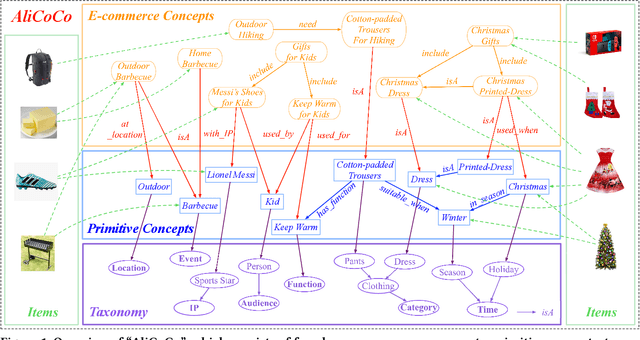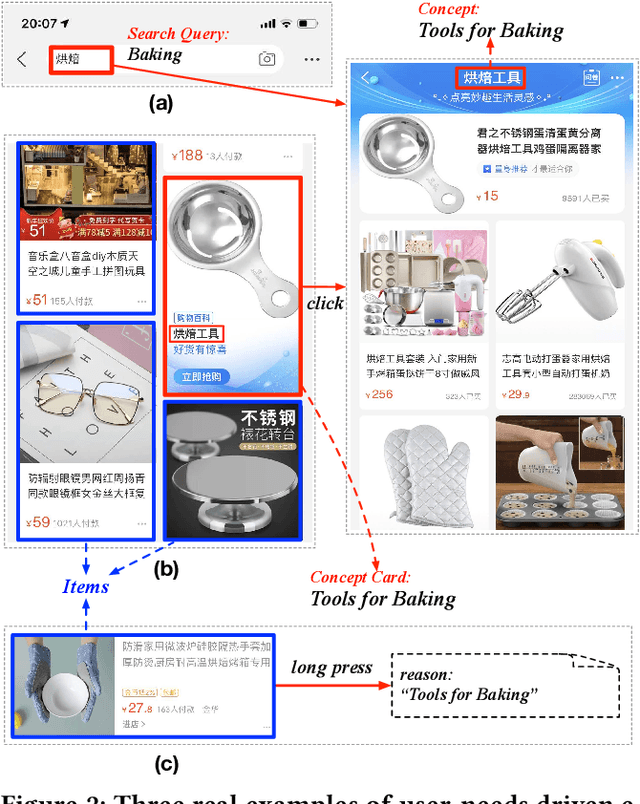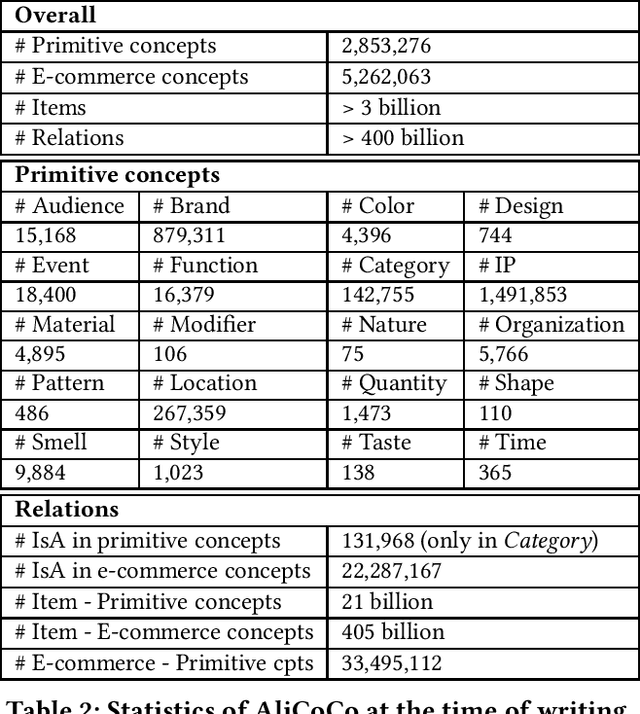Yonghua Yang
RankPrompt: Step-by-Step Comparisons Make Language Models Better Reasoners
Mar 22, 2024



Abstract:Large Language Models (LLMs) have achieved impressive performance across various reasoning tasks. However, even state-of-the-art LLMs such as ChatGPT are prone to logical errors during their reasoning processes. Existing solutions, such as deploying task-specific verifiers or voting over multiple reasoning paths, either require extensive human annotations or fail in scenarios with inconsistent responses. To address these challenges, we introduce RankPrompt, a new prompting method that enables LLMs to self-rank their responses without additional resources. RankPrompt breaks down the ranking problem into a series of comparisons among diverse responses, leveraging the inherent capabilities of LLMs to generate chains of comparison as contextual exemplars. Our experiments across 11 arithmetic and commonsense reasoning tasks show that RankPrompt significantly enhances the reasoning performance of ChatGPT and GPT-4, with improvements of up to 13%. Moreover, RankPrompt excels in LLM-based automatic evaluations for open-ended tasks, aligning with human judgments 74% of the time in the AlpacaEval dataset. It also exhibits robustness to variations in response order and consistency. Collectively, our results validate RankPrompt as an effective method for eliciting high-quality feedback from language models.
AliCoCo: Alibaba E-commerce Cognitive Concept Net
Mar 30, 2020



Abstract:One of the ultimate goals of e-commerce platforms is to satisfy various shopping needs for their customers. Much efforts are devoted to creating taxonomies or ontologies in e-commerce towards this goal. However, user needs in e-commerce are still not well defined, and none of the existing ontologies has the enough depth and breadth for universal user needs understanding. The semantic gap in-between prevents shopping experience from being more intelligent. In this paper, we propose to construct a large-scale e-commerce cognitive concept net named "AliCoCo", which is practiced in Alibaba, the largest Chinese e-commerce platform in the world. We formally define user needs in e-commerce, then conceptualize them as nodes in the net. We present details on how AliCoCo is constructed semi-automatically and its successful, ongoing and potential applications in e-commerce.
Conceptualize and Infer User Needs in E-commerce
Oct 08, 2019



Abstract:Understanding latent user needs beneath shopping behaviors is critical to e-commercial applications. Without a proper definition of user needs in e-commerce, most industry solutions are not driven directly by user needs at current stage, which prevents them from further improving user satisfaction. Representing implicit user needs explicitly as nodes like "outdoor barbecue" or "keep warm for kids" in a knowledge graph, provides new imagination for various e- commerce applications. Backed by such an e-commerce knowledge graph, we propose a supervised learning algorithm to conceptualize user needs from their transaction history as "concept" nodes in the graph and infer those concepts for each user through a deep attentive model. Offline experiments demonstrate the effectiveness and stability of our model, and online industry strength tests show substantial advantages of such user needs understanding.
 Add to Chrome
Add to Chrome Add to Firefox
Add to Firefox Add to Edge
Add to Edge